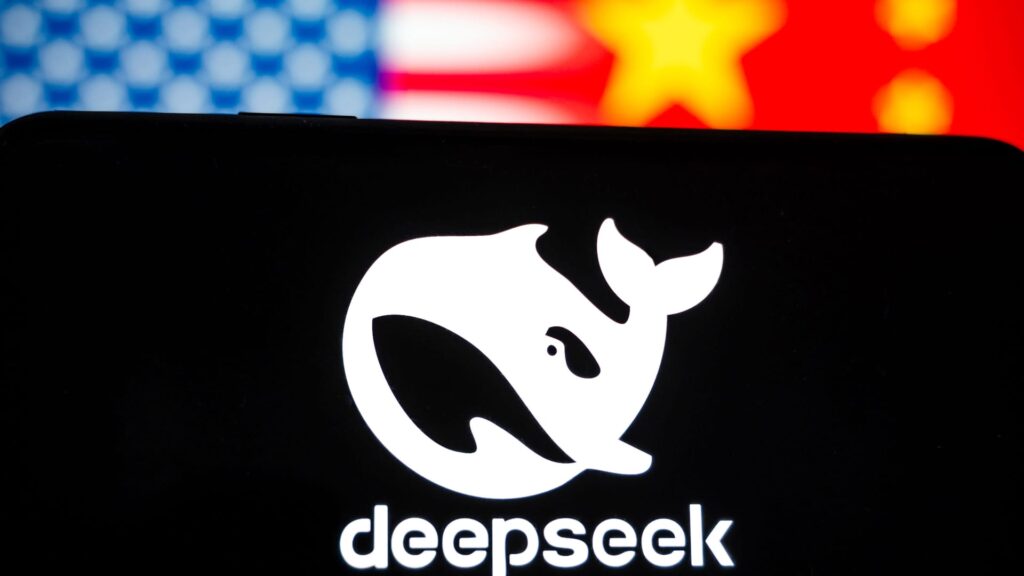U.S. Navy Issues Alert Against Using Chinese AI Technology
In a notable development, the U.S. Navy has reportedly urged its personnel to steer clear of an artificial intelligence application from the Chinese company DeepSeek. This warning, delivered via email to Navy members, cites "potential security and ethical concerns associated with the model’s origin and usage."
The Navy’s Caution
According to a spokesperson from the Navy, the guidance aligns with the Department of the Navy’s Chief Information Officer’s generative AI policy. The organization’s safety memo stated that the DeepSeek AI model should not be utilized "for any work-related tasks or personal use." The advisory indicated that it is "imperative" to refrain from downloading or employing the DeepSeek model in any capacity.
The guidelines follow DeepSeek’s launch of R1, a new reasoning AI model that has garnered attention for its competitive capabilities, especially in comparison to well-established platforms like OpenAI’s ChatGPT. R1 is open-source, making it accessible to developers, and its recent rise in popularity has made waves in the tech community.
Implications for the Tech Market
On Monday, DeepSeek’s advent rattled the capital markets, especially stirring concerns regarding the future of AI technology and its underlying infrastructure costs. DeepSeek revealed that it built its robust language model in just two months for under $6 million, a stark contrast to the significant investments made by giants like OpenAI and Google.
This revelation prompted a significant dip in shares of key AI chip manufacturers. Both Nvidia and Broadcom saw their stocks fall by 17%, resulting in a staggering $800 billion loss in market capitalization. The combined impact led to a 3.1% decline in the Nasdaq, highlighting the increased anxiety among investors.
Broader Concerns Around AI and National Security
The Navy’s alert came just a few days before public pronouncements from political figures in the U.S. President Trump recently referred to DeepSeek’s rapid rise as a "wake-up call" for American tech companies. As he navigates the complex issue of TikTok’s presence in the U.S., this focus on Chinese technology scrutiny emphasizes the national security implications surrounding AI advancements.
Venture capitalist David Sacks echoed this sentiment, suggesting that the emergence of DeepSeek could ignite a competitive race in the AI sector. Following the Navy’s stern warning, Meta—a rival tech firm—has taken proactive measures by establishing "war rooms" within its AI division to address concerns regarding DeepSeek.
The Race for AI Dominance
The dialogue surrounding DeepSeek situates it firmly within the larger narrative of an ongoing "AI war" between the U.S. and China. Alexandr Wang, CEO of Scale AI, described DeepSeek’s capabilities as "earth-shattering," reinforcing the competition between the two nations in technological innovation.
This mounting tension in the AI landscape reflects broader concerns regarding the implications of international competition in critical technologies. With further initiatives underway, including a joint venture called Stargate involving major U.S. firms like OpenAI and Oracle, efforts to bolster domestic AI infrastructure are becoming increasingly essential.
Conclusion
As the Navy and tech leaders scrutinize the implications of Chinese AI developments, the impact on national security and market dynamics will likely continue to unfold. The conversation around AI is not just about innovation—it’s a race for power and influence in an increasingly digital world.
The AI Buzz Hub team is excited to see where these breakthroughs take us. Want to stay in the loop on all things AI? Subscribe to our newsletter or share this article with your fellow enthusiasts.




